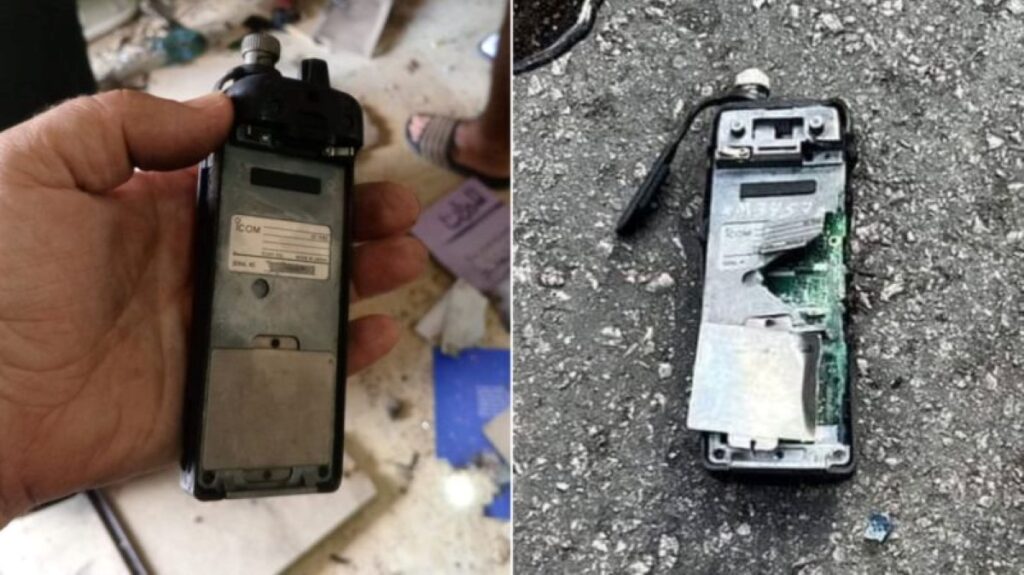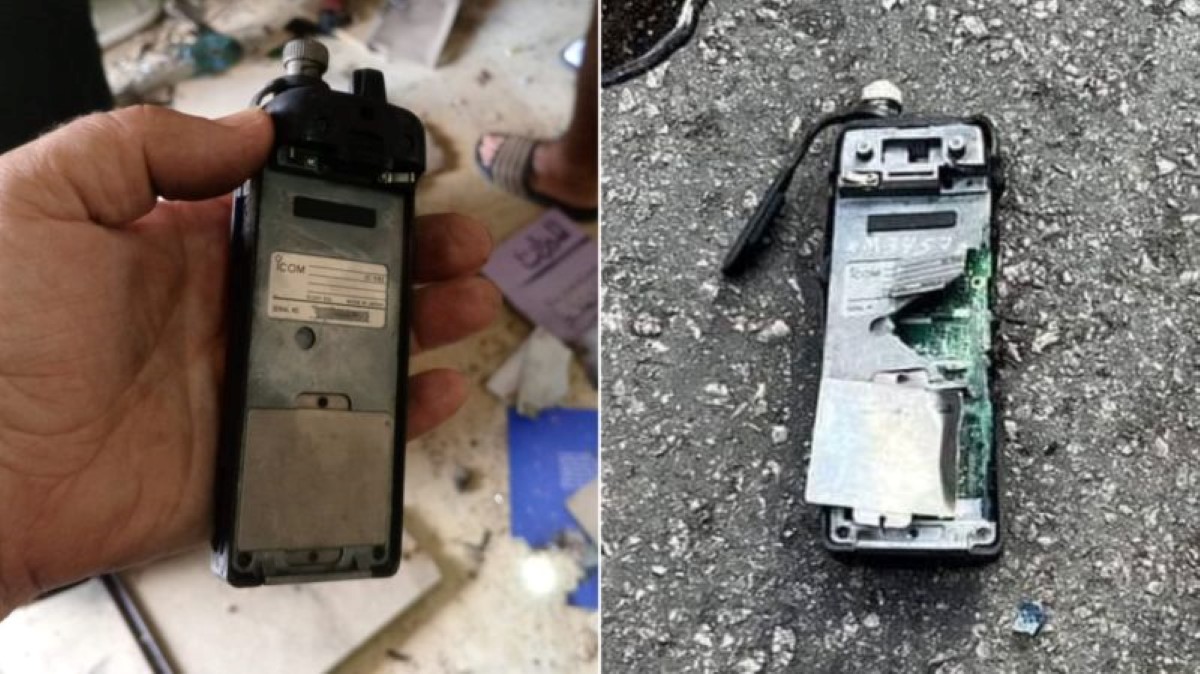
Exploding Walkie-Talkies Kill 20, Injure Hundreds in Southern Lebanon
Beirut, Lebanon (September 18) — A deadly new wave of explosive devices rocked southern Lebanon on Wednesday, leaving 20 people dead and over 450 injured. The devices, hand-held radios believed to belong to Hezbollah fighters, detonated in what is now the second major attack in two days, according to Lebanon’s health ministry. Tensions in the region are mounting, with fears of a broader conflict between Israel and Lebanon.
The incident comes just a day after explosions involving pagers carried by Hezbollah militants claimed the lives of 12 people, including two children, and left nearly 3,000 injured. Hezbollah, the Iran-backed militant group, is now scrambling to assess the scope of what it is calling a major security breach. The explosions, widely attributed to Israel’s Mossad, have put the group on high alert.
Israel Suspected Behind Sophisticated Attack
While Israeli officials have not directly commented on the explosions, security sources have pointed the finger at Mossad, Israel’s famed intelligence agency, known for executing highly sophisticated and covert operations. According to one Hezbollah official, the attack represents the largest security breach the group has ever experienced.
The incident has further escalated fears of a full-scale war between Israel and Hezbollah, as border skirmishes continue between the two sides.
“We are opening a new phase in the war,” said Israeli Defense Minister Yoav Gallant, hinting at a more aggressive military posture along Israel’s northern border with Lebanon.
Hezbollah Responds with Rocket Fire
Hezbollah retaliated by launching rockets at Israeli artillery positions, marking the group’s first military response since the explosions. While no casualties were reported from the Israeli side, the act represents a significant escalation in an already tense atmosphere.
Experts warn that although Hezbollah may seek to avoid a full-blown war, the scale of the latest attacks could push the group toward more aggressive actions.
“Hezbollah wants to avoid an all-out conflict,” said Mohanad Hage Ali, Deputy Director of Research at the Carnegie Middle East Center, “but given the scale of this security breach, the pressure to respond with force will be immense.”
International Response: U.S. and Jordan Weigh In
The United States has denied any involvement in the recent explosions, with an official stating that Israel had informed Washington of impending actions in Lebanon but did not provide specifics. Meanwhile, Jordan’s Foreign Minister Ayman Safadi has accused Israel of risking a regional war by escalating tensions on multiple fronts.
Diplomatic efforts are now underway, with U.S. officials pushing for a ceasefire in Gaza and attempting to prevent further escalation in Lebanon. However, White House National Security Spokesperson John Kirby indicated that it was too early to gauge the impact of these attacks on ceasefire negotiations.
Blasts Disrupt Funeral, Fuel Further Chaos
At least one of the blasts on Wednesday occurred near a funeral for those killed in the previous day’s explosions, exacerbating the chaos and confusion. Hezbollah fighters were reportedly seen hurriedly dismantling walkie-talkies to prevent further detonations. The group has increasingly turned to low-tech communication devices like pagers and hand-held radios in an attempt to avoid Israeli surveillance of mobile phones.
The Lebanese Red Cross mobilized 30 ambulance teams to assist in the aftermath of the explosions. Hezbollah is now investigating the source of the compromised equipment, much of which bore the name of Japanese radio communications company ICOM.
Wider Implications: Risk of Regional War
As the 11-month-long Gaza war grinds on, tensions along the Israel-Lebanon border are threatening to spiral out of control. Hezbollah, which has vowed to stand by its ally Hamas in Gaza, has promised a retaliatory strike against Israel in response to the attacks.
The United Nations Security Council is scheduled to meet on Friday to address the growing crisis, as Arab states urge international intervention. Iran, Hezbollah’s chief backer, has also condemned the attacks, with its ambassador to Lebanon reportedly injured in the Tuesday blast.
A Dangerous New Phase in the Middle East
The explosions, coupled with Israel’s ongoing war in Gaza, have triggered fears of a broader conflict that could engulf the entire region, pulling in actors like the U.S. and Iran. Israel’s redeployment of its elite 98th Division, including commandos and paratroopers, from Gaza to its northern border signals a potential shift in focus toward Lebanon.
As Hezbollah struggles to recover from what it sees as a monumental security breach, the region braces for the possibility of an even wider war—one that could devastate Lebanon and alter the geopolitical landscape of the Middle East.
Sources: Lebanon Health Ministry, Hezbollah, Israeli Security Forces, ICOM
